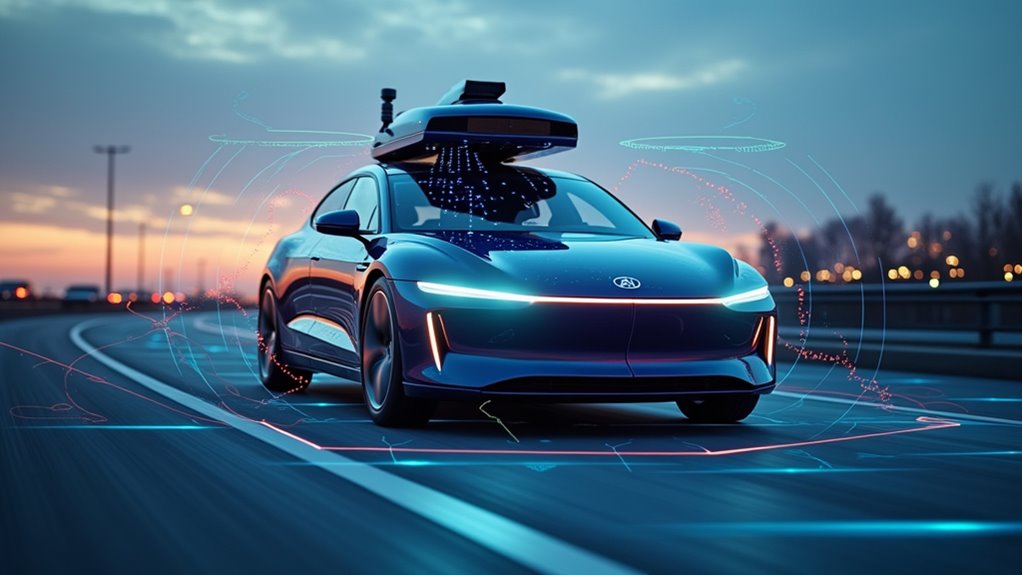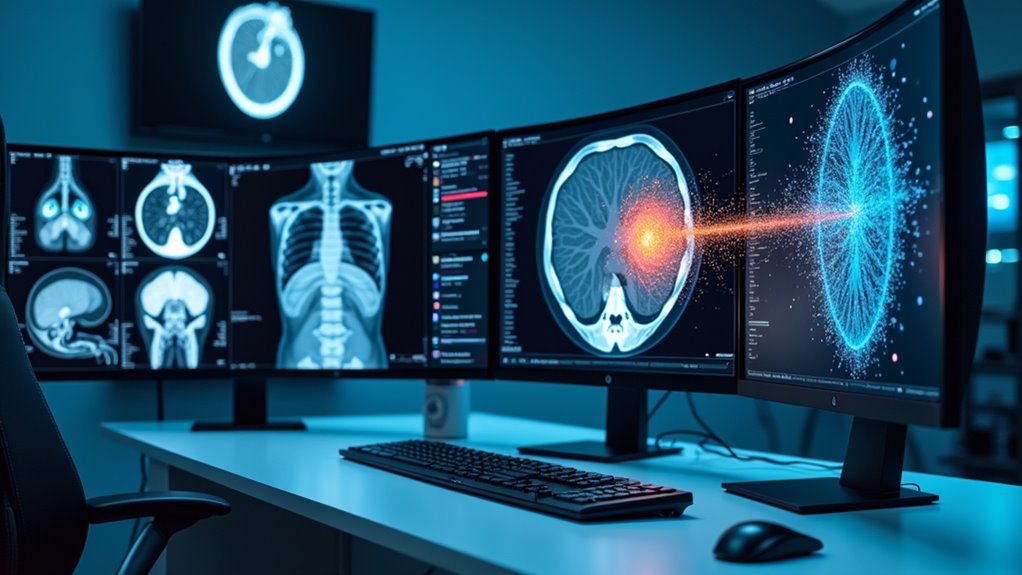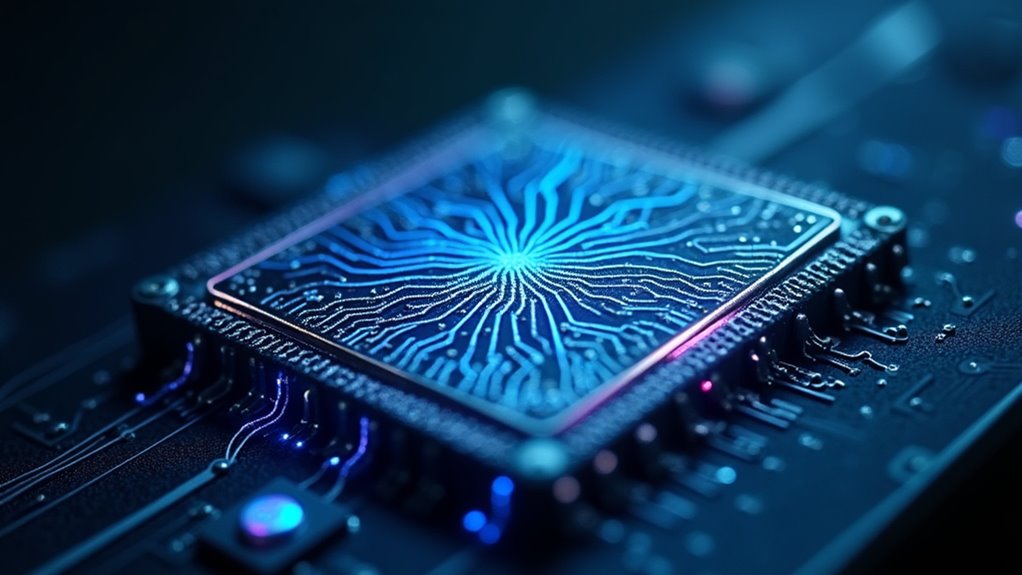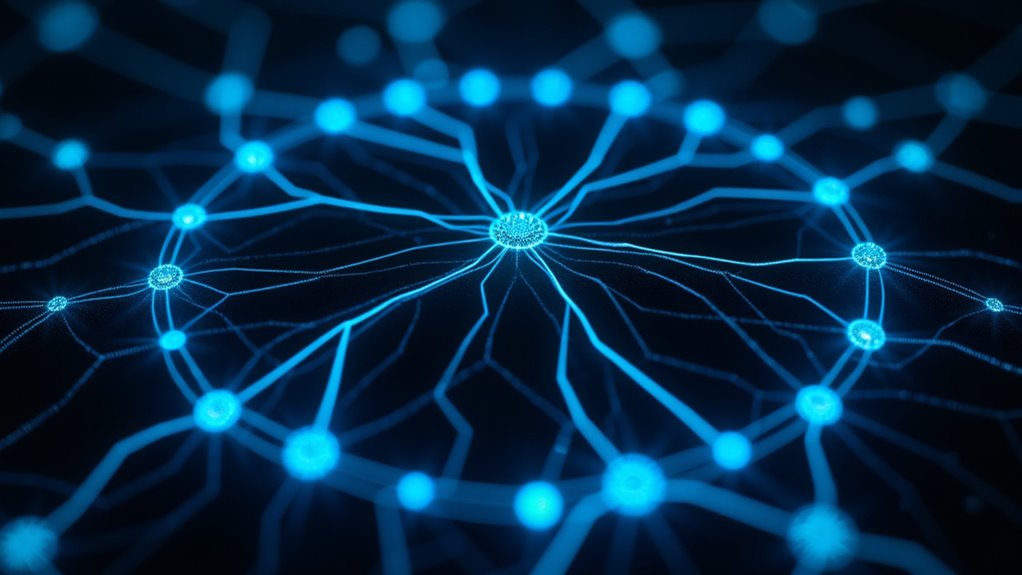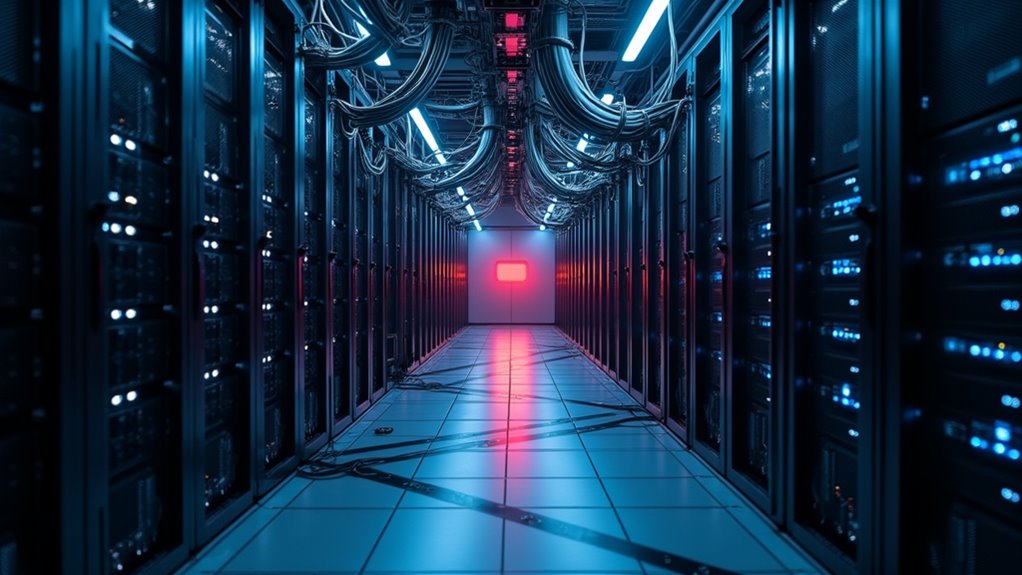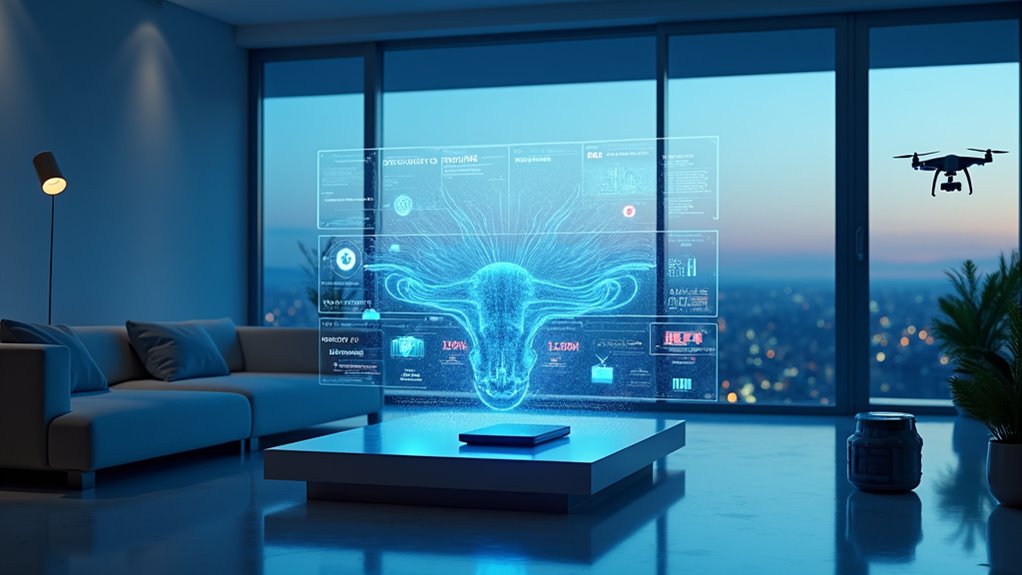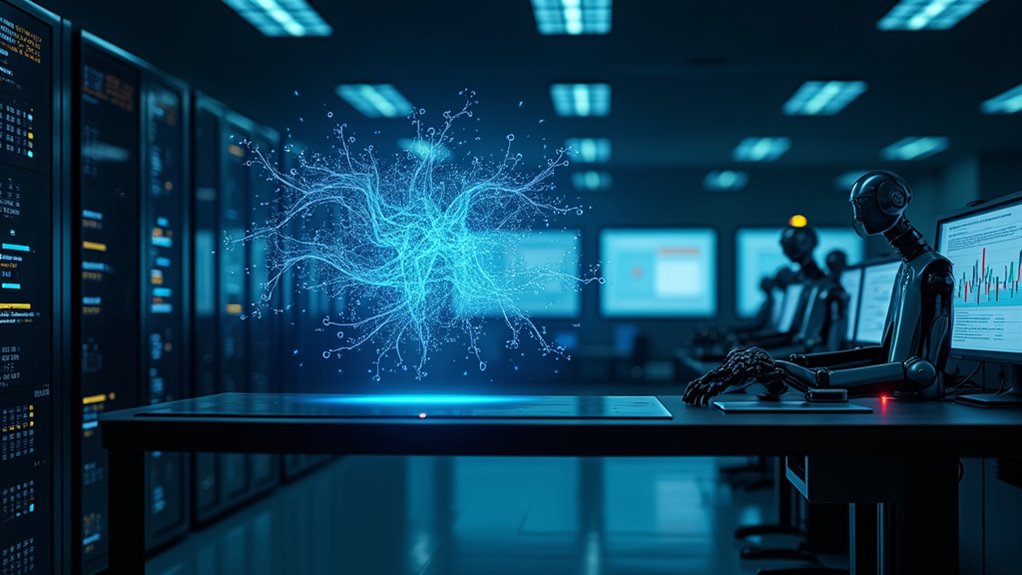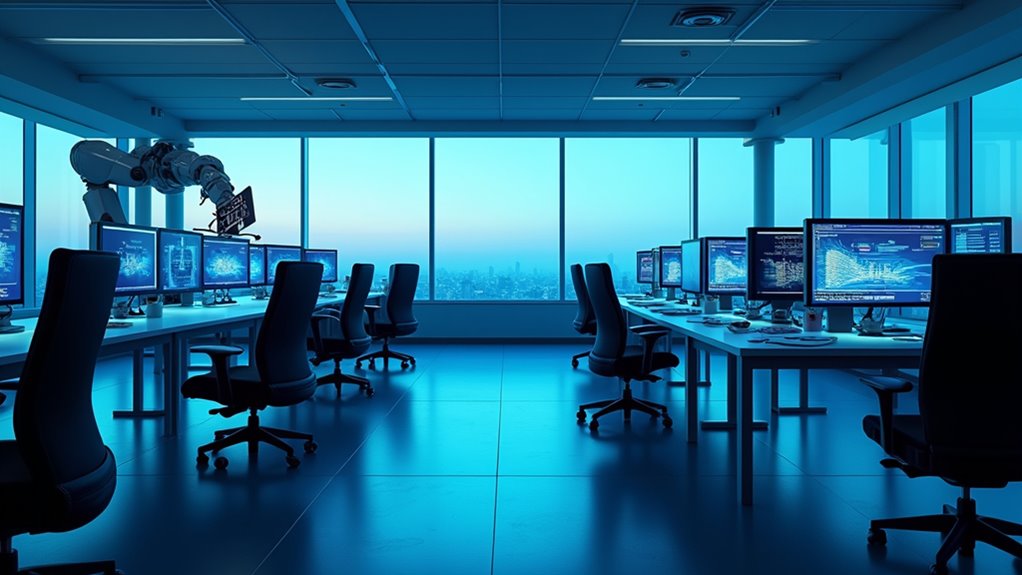AI is transforming healthcare in powerful ways. From diagnosing diseases faster than human doctors to developing new drugs through complex data analysis, artificial intelligence handles tasks that once seemed impossible. It streamlines everything from appointment scheduling to insurance claims while creating personalized treatment plans based on individual patient data. Healthcare workers aren’t being replaced – they’re getting a super-smart teammate. And that’s just scratching the surface of AI’s medical revolution.
While doctors and nurses remain the backbone of healthcare, artificial intelligence is rapidly becoming their most valuable teammate. AI isn’t just another flashy tech trend – it’s revolutionizing everything from diagnosis to drug development. The technology processes vast amounts of medical data faster than any human could dream of, and sometimes it’s even better at spotting diseases than experienced doctors.
Let’s be real: AI is showing off in the radiology department. It’s analyzing X-rays, MRIs, and CT scans with incredible accuracy. In fact, AI algorithms are now outperforming human radiologists in detecting certain conditions like pneumonia. The technology uses advanced 3D mapping to ensure precise interpretation of medical images. By 2030, experts predict a staff gap of 250,000 in healthcare positions. Who would’ve thought a computer could spot a disease better than a doctor with decades of experience? But here we are.
The technology isn’t just about pretty pictures, though. AI is getting its hands dirty in the drug discovery process, sifting through mountains of data to find potential new medications. Machine learning models can analyze medical imaging data in mere seconds to detect early signs of cancer and heart disease. It’s simulating how drugs will react in the human body, which means fewer costly trials and faster development. That’s right – AI is helping create new medicines while we’re sleeping.
In the day-to-day operations of healthcare facilities, AI is the ultimate multitasker. It’s scheduling appointments, processing insurance claims, and managing patient records. It’s like having thousands of super-efficient administrative assistants who never need coffee breaks. AI-powered chatbots are providing 24/7 patient support, answering questions, and sending medication reminders. They’re not exactly warm and fuzzy, but they get the job done.
Perhaps most impressively, AI is helping create personalized treatment plans based on individual patient data. It’s analyzing genetic profiles, predicting disease progression, and recommending interventions. The days of one-size-fits-all medicine are numbered.
And while some might worry about robots taking over healthcare, the reality is much less dramatic: AI is simply making healthcare more efficient, accurate, and accessible. It’s not replacing healthcare workers – it’s making them better at their jobs.

